Top Class Actions’s website and social media posts use affiliate links. If you make a purchase using such links, we may receive a commission, but it will not result in any additional charges to you. Please review our Affiliate Link Disclosure for more information.
Multiple automobile safety recalls have been announced in 2020. Many of these recalls are due to vehicle defects that could lead to dangerous car accidents.
How Many 2020 Car Safety Recalls Have Been Announced?
More than 100 vehicle recalls have been announced in 2020. By mid-year, more than 13 million vehicles were estimated to have been recalled, with more vehicles joining this tally each month. Many auto manufacturers have announced multiple recalls, or have expanded original recalls to include more vehicles.
2020 car safety recalls have been initiated for defects including issues with exploding airbags, engine fire risk, susceptibility to road salt corrosion, problems with seat belts, fuel leaks, brake problems, stalling, and unintended acceleration or deceleration.
Which Vehicles Have Been Recalled?
Automakers that have recalled vehicles in 2020 due to potential safety defects include Kia, Toyota, Ford, Volvo, Hyundai, Mitsubishi, Tesla, GMC, Volkswagen, Nissan, and more. If you believe that your vehicle has been included in a recall, you may be able to bring it in to your local dealership for an inspection. In many cases, auto manufacturers are offering to fix these defects at no cost to the consumer. If you have difficulty persuading your automaker to fix a dangerous defect in your vehicle, you may be able to speak with a qualified attorney about your legal options.
Some 2020 car safety recalls involve issues with software and vehicle artificial intelligence, such as enhanced cruise control or self driving technology.
In July 2020, Kia announced a recall of more than 86,000 2020 Kia Telluride vehicles. These SUVs are capable of pulling a trailer, and are equipped with Smart Cruise Control, an AI feature that allows the vehicles to automatically slow down in order to maintain a safe distance from the vehicle ahead. Due to a defect in the design, when Telluride vehicles are pulling a trailer and Smart Cruise Control presses on the brakes to slow down, the brake lights on the rear of the vehicle may not illuminate. Rear brake lights that fail to indicate a change in speed may be very dangerous, and could cause a rear end collision. In order to fix the issue, Kia has stated that the company will install additional wiring that allows the main fuse box in the vehicle to control the brake lights. This repair will be done at no charge to the owners of the Kia Tellurides.
Tesla Model Y vehicles manufactured in 2020 have also been recalled due to an issue with trailer brake lights. This recall, which is estimated to affect 2,500 cars, was issued after the discovery of a software error that prevents brake lights from turning on when the vehicle is pulling a trailer.
Honda Odysseys, Passports, and Pilots manufactured between 2018 and 2020 have also been subject to software-related recalls. These vehicles may be affected by a software defect that causes the instrument panel to fail to show important information, such as the speed at which the vehicle is traveling at or the gear the vehicle is in. Drivers who do not have access to this important information may be at risk of experiencing a car crash. Owners of these vehicles may be eligible to have their control panels reprogrammed by their dealership in order to repair the issue.
Other safety recalls have been due to defective parts, incorrect installations, or damage sustained during the manufacturing process.
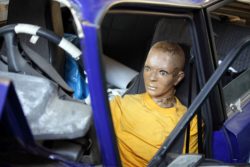
Nissan has also recalled vehicles in 2020 for similar issues. On December 1, Nissan announced a recall of almost 4,000 vehicles believed to be affected by a passenger air bag defect. These vehicles include 2002-2006 Nissan Sentra vehicles that were installed with Takata airbag inflators. According to the recall, these inflators may malfunction and degrade if they are exposed to high temperatures and high humidity. This degradation may lead to the airbag containers suddenly exploding. Consumers who have one of the Nissan Sentras included in the recall may contact their dealership to have their airbags examined and potentially replaced.
Earlier in 2020, other models of Nissan Sentras were recalled. In late August, it was announced that 2020 Sentras may have been equipped with a misaligned headlight. These headlights may have been installed incorrectly during production, and in some cases, may be improperly aimed. Headlights that are not correctly installed and aimed in the right direction may inhibit a driver’s ability to see while driving at night, and could result in a car crash. Consumers whose vehicles are affected by these defects may be eligible to have their headlight changed at no cost to them.
Several companies including General Motors and Nissan have announced recalls for vehicles potentially installed with overcured tires. Tires must be cured through a combination of pressure and heat in order to maintain their shape and function properly on the road. However, if tires are overcured, they may suddenly split apart while the vehicle is being driven. This sudden loss of air pressure may cause drivers to lose control of their vehicles and could result in a crash. Nissan Altima S vehicles, Buick Enclaves, Cadillac XT5s, GMC Acadias, and Chevrolet Traverse vehicles manufactured in 2020 may all be affected by this potentially serious issue.
Both Jeep and Volkswagen have issued 2020 car safety recalls involving problems with seat belts. The Volkswagen recall includes 10,000 2018 VW Tiguans that may be installed with a seat belt prone to tearing when subject to tension. A torn seat belt may result in the occupant being thrown from the vehicle in the event of a crash.
Jeep’s seat belt recall affects 2019 Wranglers, Ram 2500s, and Ram 1500s, in addition to Gladiators and Ram 1500s manufactured in 2020. According to the company, the seat belts in these vehicles may be equipped with retractors that fail to lock. If these retractors do not lock up and hold occupants in place during a crash, drivers and passengers may be at an increased risk of experiencing injuries.
Consumers who own vehicles included in 2020 car safety recalls may find it frustrating or confusing to navigate the process of requesting a refund or replacement for a defective vehicle. Speaking to an experienced attorney about your legal options may make the process smoother.
ATTORNEY ADVERTISING
Top Class Actions is a Proud Member of the American Bar Association
LEGAL INFORMATION IS NOT LEGAL ADVICE
Top Class Actions Legal Statement
©2008 – 2024 Top Class Actions® LLC
Various Trademarks held by their respective owners
This website is not intended for viewing or usage by European Union citizens.

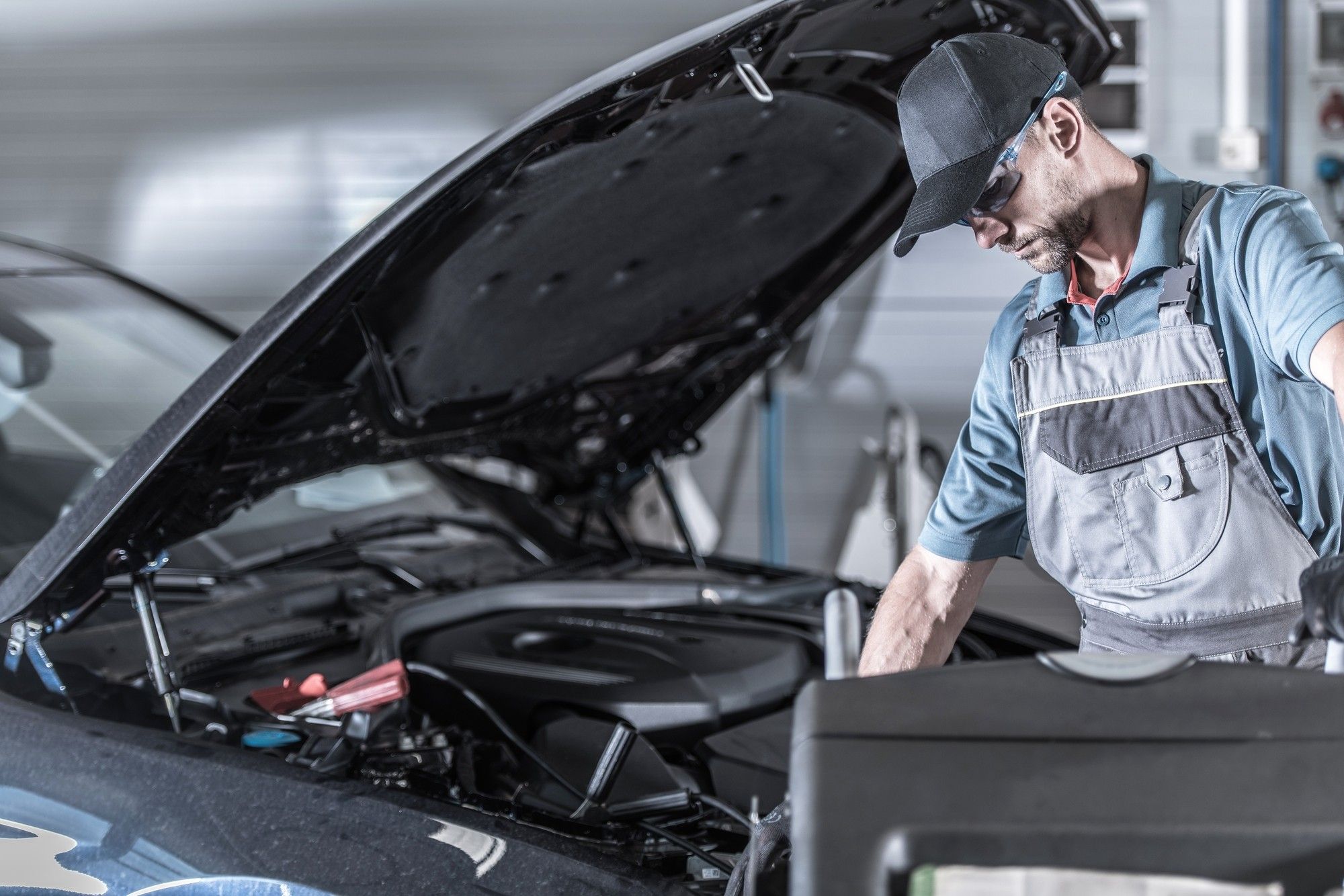







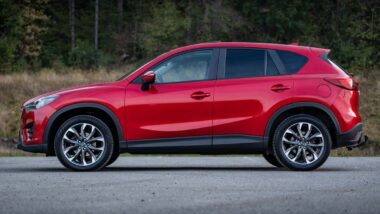
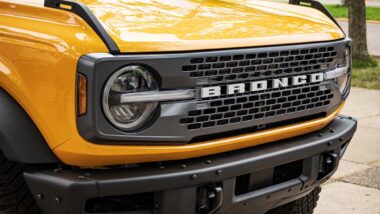
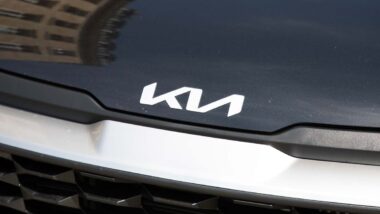
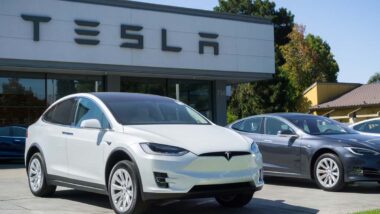
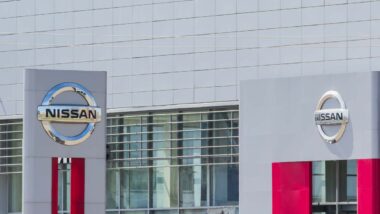

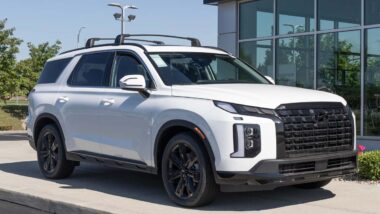
2 thoughts onWhat You Need to Know About 2020 Car Safety Recalls
Add me to the investigation
Add me please